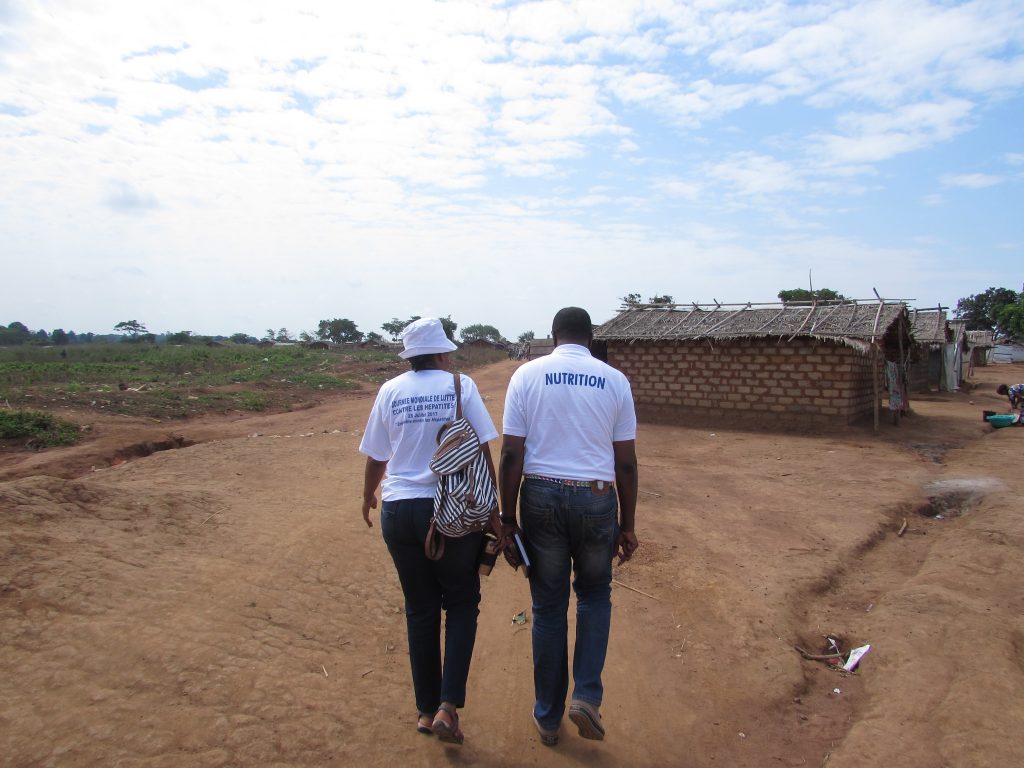As an international humanitarian relief organization that also focuses on rebuilding lives, International Medical Corps embodies two somewhat contradictory notions at once: efficient mobilization to rapid onset emergencies and a long-term commitment to seeing people in desperate need through the nuances of recovery and well beyond. We run around the world trying to stop hemorrhaging wounds, while also knowing that true healing takes time, painstaking patience and dogged faith that things will eventually get better—even when the evidence is stacked against it. In the meantime, we get very good at navigating perpetual uncertainty right alongside those we serve.
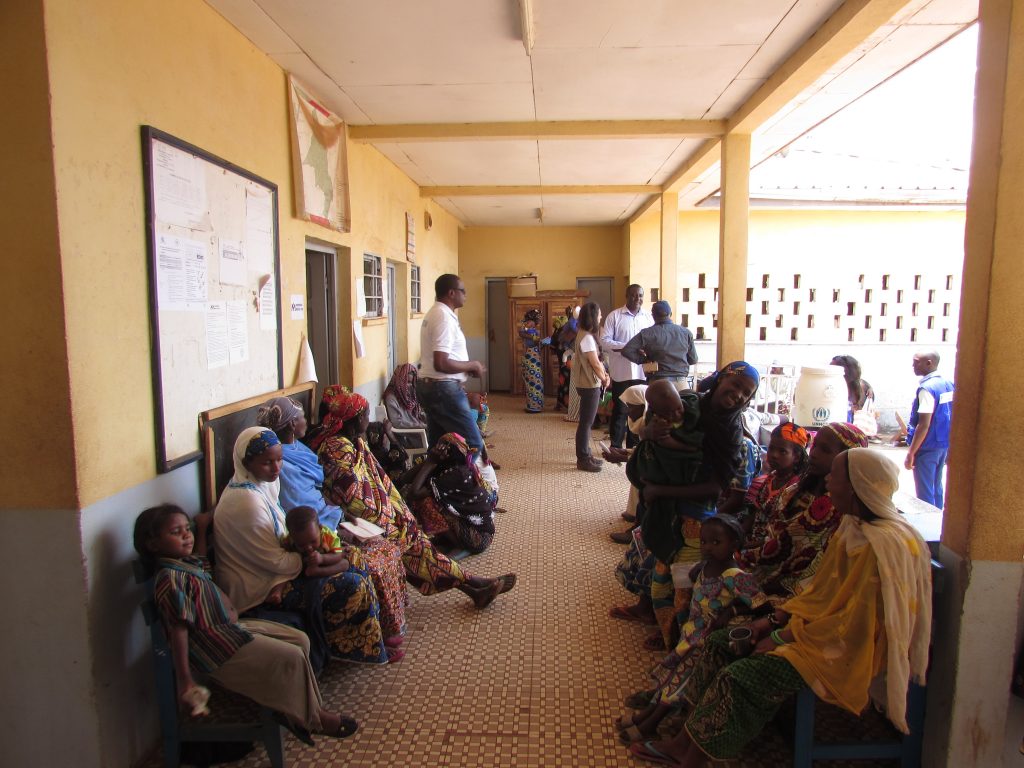
In Cameroon, approximately 258,000 refugees from the Central African Republic (CAR) are caught in limbo between a homeland most will never return to and a host country into which they have yet to settle. Our program manager, Federica Badocco, just returned from a visit to a handful of the six camps in which we work serving these refugees. She describes fragile living conditions and an overloaded but relentless International Medical Corps team that travels long distances between the scattered camps to reach those in need.
“What was very striking to me,” says Federica, “is that I could really feel the passion of our teams.” She mentions “passion” multiple times throughout our conversation, with evident reverence for the heartfelt and dedicated 480 or so staff, who work tirelessly to provide the women and children living in the camps with protection services and gender-based violence (GBV) treatment and prevention. “Our staff do this work with all of their love and really believe it will change things,” she says.

Every morning, parent committees walk throughout the large camps to gather all the children and take them back to a children’s space that International Medical Corps supports with funding from the U.S. Department of State’s Bureau of Population, Refugees and Migration and the Office of the United Nations High Commissioner for Refugees (UNHCR). For the children—especially those who showed up to the camps after being split from their families due to violence— the spaces provide a safe haven and a sense of community. For women in the camp, International Medical Corps runs centers that give women a safe place to gather for conversation, participate in livelihood building activities and receive treatment and counseling for GBV if needed.
I picture the women and girls making soap and dresses in these protected spaces. These actions feel gentle and modest in contrast with the horrendous violence they have endured, which has wreaked havoc on their bodies and hearts. Yet it takes delicacy and nurturing to coax them back to life. Says Federica of the livelihood activities that keep the hands and minds of highly traumatized women and girls focused and productive: “This is part of the natural process of healing.”
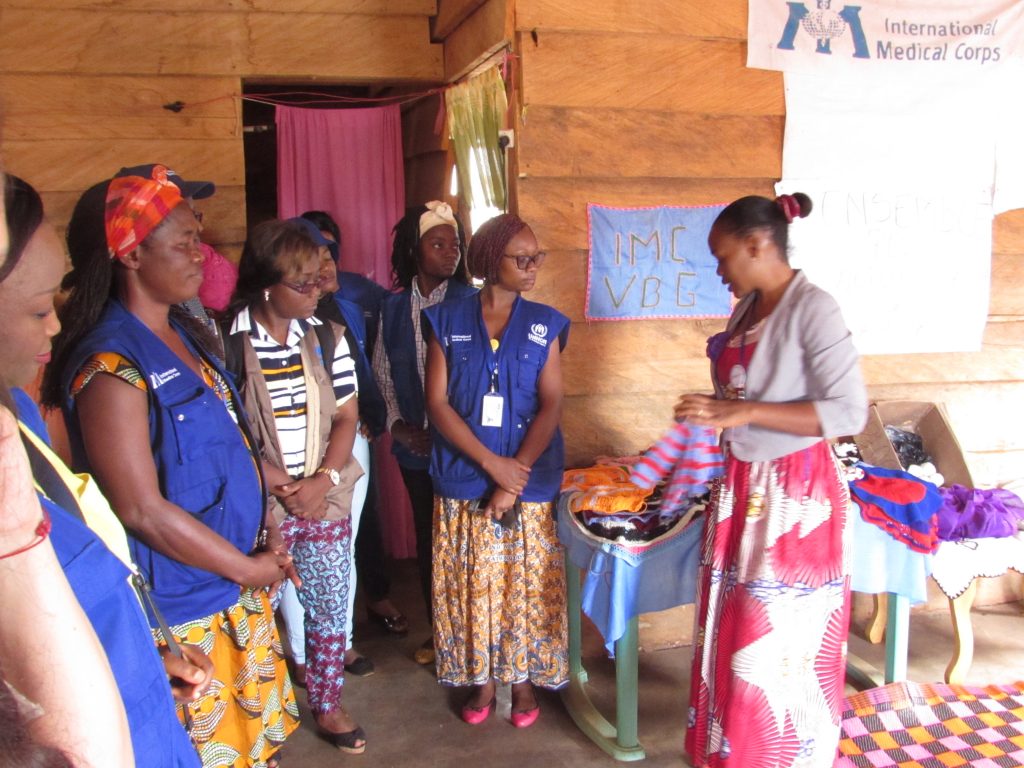
International Medical Corps has worked hard to gain trust among the refugees, which has taken years through a community-centered approach. Slowly and surely, the attendance of women and girls at the centers has risen and Federica says that she can see a newfound sense of empowerment among them. The women feel freer to express themselves and seek help, and have started asking for more resources to strengthen their new income sources. Says Federica, “They rely a lot more on themselves. You really feel that they are more comfortable and ready to tell you what they think and what their expectations are. They can be powerful agents of change.”
“Autonomy” is one of the objectives Federica heard most about on her visit, as the camps have become more settled over the last four to five years. While the headlines fade and the donor money dries up, International Medical Corps staff encourage the refugee women to be independent and make something out of what they have earned and learned. True to our mission of fostering self-reliance, these efforts will be ongoing. Still, Federica wonders aloud something I can’t stop thinking: “What comes next?”
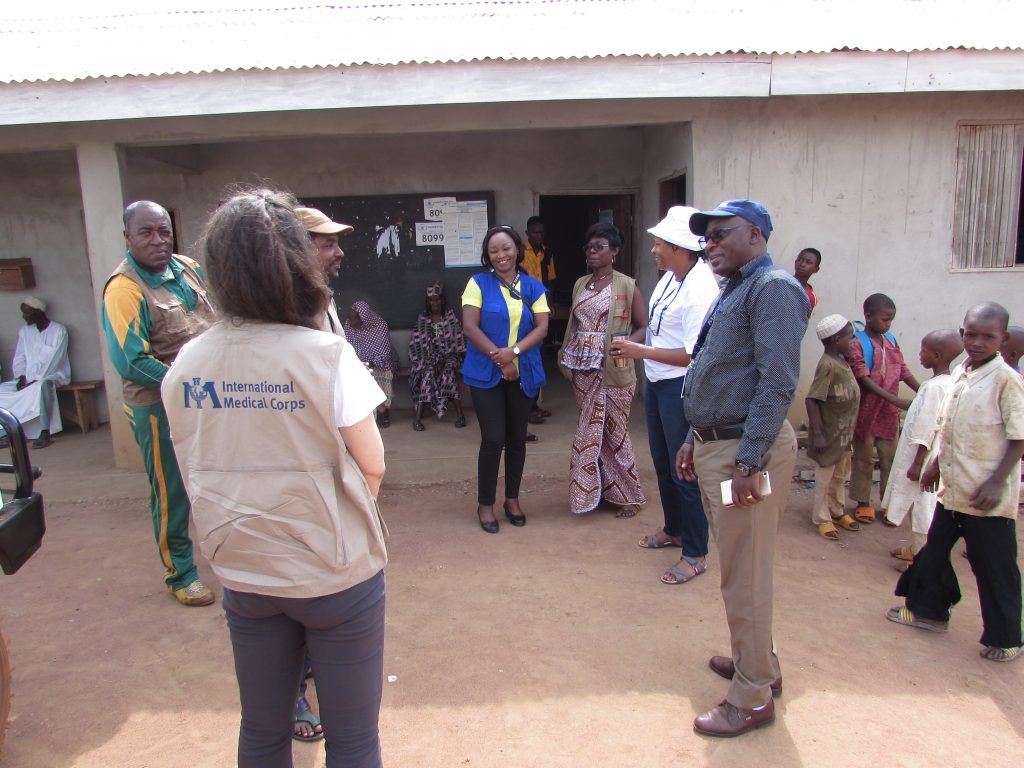
Cameroon is no longer considered an emergency country, and the CAR refugee camps have been labeled a “protracted crisis,” jargon in the international community for situations that too often go neglected. “You really feel that the refugees don’t want to go back to their home country,” says Federica. “They’ve lived through such horrendous things, and their memory is linked to these nightmares. So I don’t know how long they will stay or if they will ever go back.” The refugees want to better integrate with the host community, but the impetus for that must come at the political level—and that remains elusive.
“It will take a long time and lots of effort to build this bridge again,” says Federica of the refugees’ journey home, or maybe just their path into an unknown future. But before they can cross that bridge, most just need someone to walk beside them—to remind them that they are not alone in this, and we are with them.
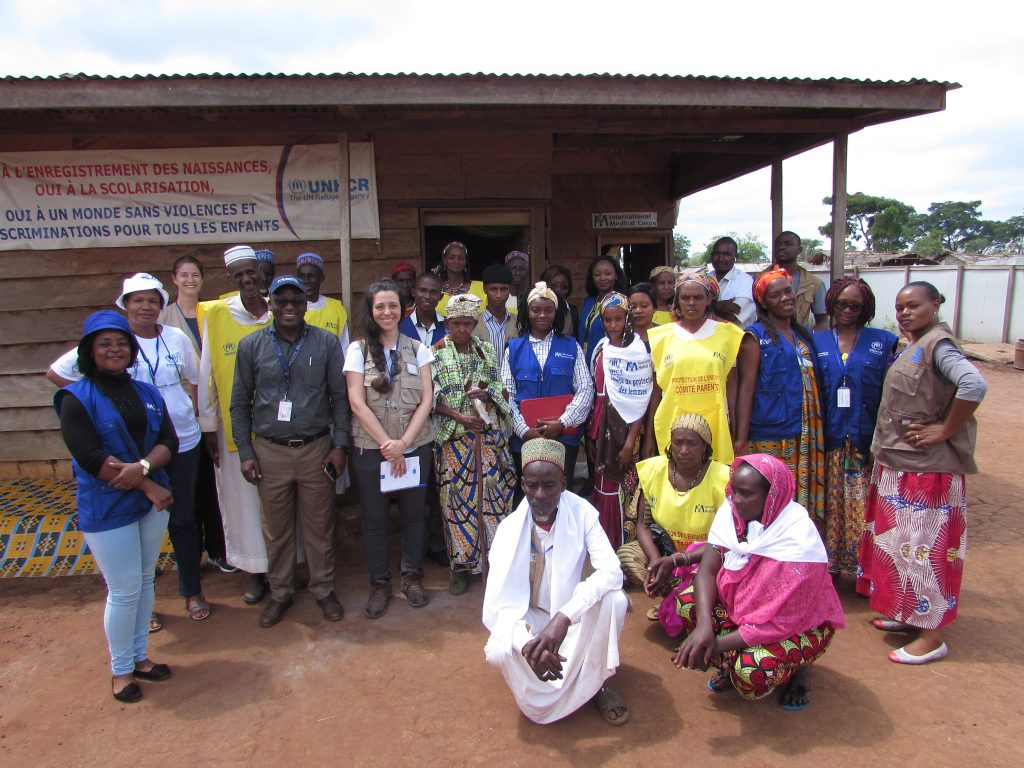
International Medical Corps began working in Cameroon in 2008 in response to an influx of refugees from the Central African Republic (CAR) along Cameroon’s eastern border. Today, Cameroon is hosting some 350,000 refugees from the neighboring countries of Nigeria and the CAR, in addition to nearly 200,000 internally displaced persons (IDPs). As Cameroon struggles to meet the needs of these resource-poor populations, International Medical Corps is there providing basic health care, nutrition, gender-based violence prevention (GBV) and response services, child protection and water, sanitation and hygiene services (WASH) in the underserved East, Adamaoua, North and Far North Regions.
